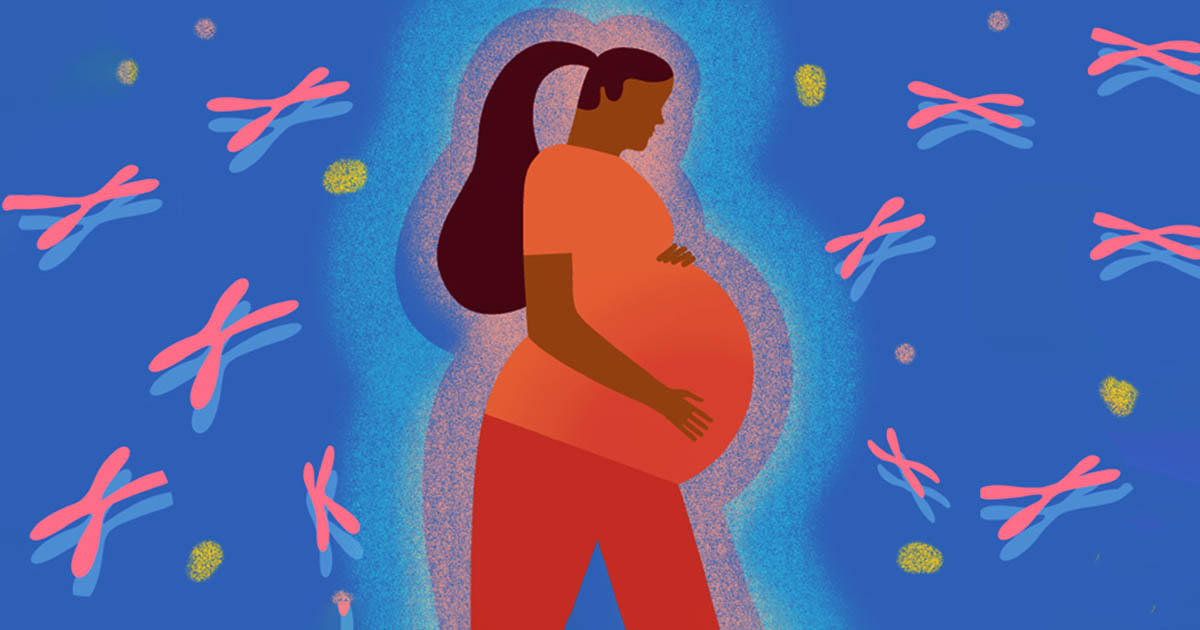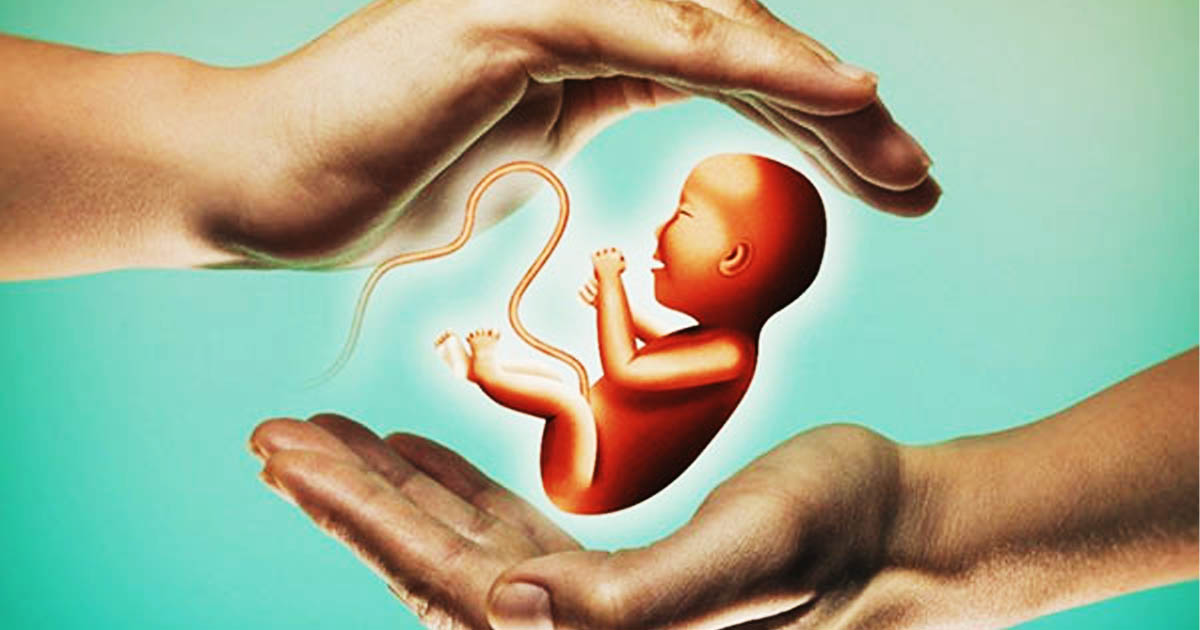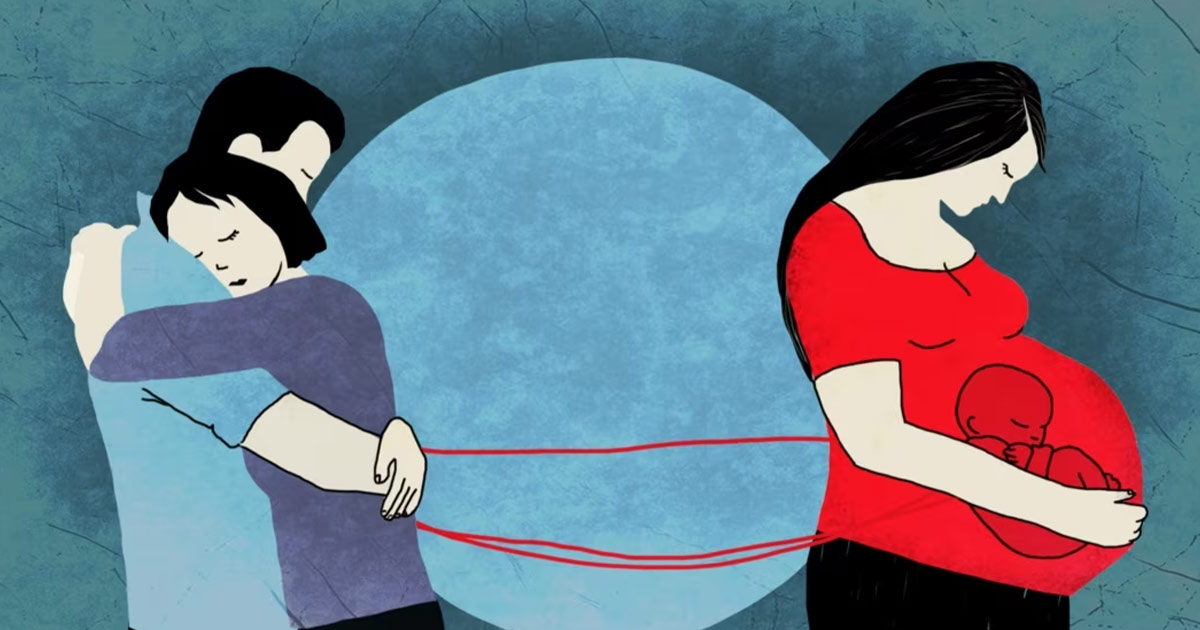Trying to start a family but facing the reality of infertility can be a disheartening experience. However, studies show that over 2.5 million men in the United States grapple with this issue!
It’s interesting that in some fifteen percent of cases, doctors cannot pinpoint any particular reason for it and call it “unexplained infertility”. When there are no obvious symptoms, deciding when to seek help and what to do can be very difficult.
In this article, we would like to demystify the signs of male infertility to provide you with simple information that will guide you on this challenging path.
Be part of us as we uncover the truth about men’s sterility, which will help you know if your partner is infertile and be involved in his procreation life.
How To Spot The Signs Of Infertility In Men?
We need to break the stigma of ‘infertility is a women’s problem.’ Infertility affects men too, even though it is often considered a women’s problem.

These are some of the signs of infertility in men you need to look out for:
1. Problems with Getting or Keeping an Erection
Difficulty achieving and maintaining an erection over time may be a sign of underlying fertility problems, which can affect a person’s ability to conceive naturally.
Erectile dysfunction (ED) can be caused by various factors, including psychological stress, hormonal imbalances, or circulatory issues. Seeking medical advice and addressing the root cause is crucial for understanding and managing fertility concerns.
2. Issues with Ejaculation
These issues can influence fertility in both males and females, such as premature ejaculation and anejaculation (no ejaculation at all). Alternatively, there may be changes in semen volume or consistency that indicate fertility issues.
Understanding the specific ejaculation-related concerns can help identify potential obstacles to conception and guide appropriate interventions.
3. Decreased or No Sexual Desire
Hormonal imbalances and other fertility-related problems may cause a significant drop in sexual desire or lack of interest in intimate activities. Psychological factors, stress, or underlying health issues can contribute to changes in libido.
Open communication with a healthcare professional can help explore potential causes and develop strategies to address reduced sexual desire.
4. Pain, Swelling, or Lumps in the Testicles
Discomfort or abnormalities in the testicular area might indicate potential problems affecting sperm production or transport. Testicular pain, swelling, or lumps could be associated with conditions such as varicocele, epididymitis, or testicular cancer.
Timely medical evaluation is essential to determine the cause and initiate appropriate treatment if necessary.
5. Changes in Facial or Body Hair Growth
Fertility issues are indicated by hormonal imbalances when there is a change in facial hair patterns as well as body hair, referred to as secondary sexual characteristics.
Variations in these characteristics may signal disruptions in hormonal regulation, impacting fertility. Consultation with an endocrinologist or reproductive specialist can help diagnose and address hormonal imbalances.
6. Gynecomastia (Enlarged Breast Tissue)
An imbalance of hormones, specifically an increase in estrogen, can lead to the development of enlarged breast tissue (gynecomastia), implying the possibility of a problem regarding fertility.
Evaluation by a healthcare professional can determine the underlying hormonal disturbances and guide appropriate interventions.
7. Testicular Pain or Aching
Testicular pain can sometimes signal an underlying problem that affects male reproductive organs’ performance, such as varicocele (enlarged veins around the scrotum).
Persistent or severe testicular pain requires prompt medical attention to assess and address potential fertility-related issues.
8. Chronic Respiratory Issues
Sperm transport can be impaired by some respiratory conditions like cystic fibrosis. Chronic respiratory issues may impact fertility by affecting the transport of sperm through the reproductive tract.
Individuals with respiratory conditions should be aware of potential fertility implications and seek guidance from healthcare professionals when planning for conception.
9. Delayed or Absent Puberty Signs
If puberty doesn’t come on time, it may mean that something is wrong with the hormone levels influencing reproduction and eventual chances of getting pregnant.
Delayed or absent puberty signs should prompt a comprehensive evaluation by a healthcare provider to identify potential hormonal imbalances and address fertility concerns.
Should you be worried about fertility problems, you must contact a urologist or a fertility specialist for proper assessment and guidance on the next step. Early identification and intervention can greatly improve the possibilities of addressing fertility challenges effectively.
Read More: Prioritizing Emotional Well-Being Of Men: An Urgent Call
What Can Cause Infertility In A Man?
Different factors contribute to signs of infertility in men including but not limited to lifestyle choices and underlying medical conditions. It is important for people struggling with fertility to understand the numerous causes.

Let us delve into what causes infertility in men:
1. Sperm Abnormalities
Significantly, sperm size, shape (morphology), and movement (motility) can interfere with fertility. The like of undescended testicles, genetic disorders, and hormonal imbalances play a part in abnormal sperm during production.
2. Varicocele
A varicocele, which is an enlarged vein within the scrotum, may affect the quality of sperm by elevating the temperature in the testes.
3. Infections
Some sexually transmitted infections such as chlamydia, gonorrhea, mumps or HIV could lead to low sperm count due to inflammation and damage caused to reproductive organs.
4. Ejaculatory Issues
Failure to deliver sperms properly including premature ejaculation or retrograde ejaculation can hinder conception.
5. Genetic Factors
Such genetic conditions as cystic fibrosis might show signs of infertility in men through affecting the production of spermatozoids.
6. Testicular Issues
Conditions such as undescended testicles, testicular injury, or tumors usually lower the quantity and quality of sperm produced.
7. Lifestyle Choices
Smoking unhealthy habits such as smoking too much alcohol drinking drug use obesity and excessive heat exposure in sauna places or hot tubs all have detrimental effects on the quality of sperm causing poor reproduction health overall.
8. Cancer and Its Treatment
Chemotherapy and radiation therapy both disrupt the production of healthy sperm thus showing signs of infertility in men.
It should be noted that male infertility is often a combination of these factors.
Read More: Enhancing Fertility Through Yoga: World Yoga Day 2023
In such cases, specific interventions or treatments could be recommended to increase the chances of conceiving. So what are some treatment options available to you?
Effective Strategies and Treatment for Male Infertility
Finding the exact cause can be hard when faced with fertility challenges. Your doctor may prescribe treatments or procedures that increase your chances of getting pregnant, even though you don`t know what causes this.

Treatment for male infertility could be recommended for either partner separately or one may decide to try assisted reproductive techniques.
The following are some treatment options for male infertility
1. Surgery
Varicocele Repair: This surgery is done to correct varicoceles which are swollen veins located in the scrotum and enhance sperm quality.
2. Reversal of Vasectomy
Vasectomy effects can sometimes be reversed surgically allowing fertility to be regained.
3. Sperm Retrieval Techniques
In cases where sperm is not found in the ejaculate, specialized surgical techniques can be used to get it directly from the testicles or epididymis.
4. Treating Infections
Treatment for male infertility can be done by giving antibiotics to address infections in the reproductive tract.
5. Addressing Sexual Intercourse Problems
Conditions such as erectile dysfunction or premature ejaculation might require medications and counseling, aimed at improving fertility rates.
6. Hormone Treatments and Medications
There might be a suggestion for Hormone replacement or medications if infertility is caused by hormonal imbalances or hormone utilization problems.
7. Assisted Reproductive Technology (ART)
These include surgical extraction of sperm, normal ejaculation, and getting from donor individuals among other approaches used in carrying out ART treatments.
Therefore depending on your specific case and preferences, the retrieved sperm may also be placed into the female genital tract, employed in intracytoplasmic sperm injection, or used for in vitro fertilization.
In some situations, male fertility problems cannot be treated hence no chance of conceiving. In such cases, doctors suggest various alternatives like using donor sperm or considering adoption.
Remember that treatment choice depends on the underlying cause of infertility therefore a personalized approach is necessary.
Read More: What Causes Infertility in Women? 5 Root Causes and Eye Opening Insights
What Is Hormone Therapy For Infertility?
Infertility resulting from hormonal imbalances can be addressed through hormone therapy as a medical approach. For both men and women, fertility is controlled by hormones that regulate various reproductive processes.

Hormone Therapy for Men:
1. Testosterone Replacement
When sperm production and quality are affected by low testosterone levels, hormone therapy for infertility may involve the administration of testosterone through injections, patches, or gels to achieve an optimum hormonal balance.
2. Gonadotropin Therapy
If it is determined that there are inadequate amounts of hormones such as follicle-stimulating hormone (FSH) or luteinizing hormone (LH), then gonadotropin therapy may be prescribed to stimulate the testicles to produce more sperm.
3. Hormone Balancing
Sometimes, both partners have to go through hormonal therapy to treat specific problems with fertility involving hormones.
Hormone therapy for infertility should always be done in consultation with your doctor or fertility specialist who will consider the potential side effects and risks of any other treatment.
Read More: What Are Hormones? Types, Functions & Disorders
A Word From Mind Family
When battling infertility, it is difficult and okay to experience all the lows and highs. We discussed signs of infertility in men, causes, and treatments so that you could have the information to make choices about your journey of parenthood.
Both couples are often affected by fertility issues. Our advice is aimed at a holistic approach. Speak freely with health specialists and one another. It is better if both of you go through this journey together.
The Mind Family emphasizes how important it is to be brave when seeking medical attention. Every step counts whether it’s adjusting lifestyles, trying out medical treatments, or exploring assisted reproductive technologies. What matters is your hopefulness and resilience.
May you gain strength, support, and success in realizing your dreams of having a family!
Frequently Asked Questions (FAQs)
1. What are the signs of infertility in men?
Problems in getting an erection, pain in the testicles, hormonal changes, ejaculation issues, and changes in sexual desire are among the symptoms of it. For more information ask qualified doctors.
2. what can cause infertility in a man?
This is caused by several things including sperm abnormalities, varicoceles, hormonal imbalances, infections, and lifestyle factors. Doctors however find out what exactly causes it in a person to give appropriate solutions to each case.
3. What are the common ways of treatment for male infertility?
There are different types of treatments available for varicoceles, such as surgery, medication to treat infections, hormone therapy, assisted reproductive technology (ART), and lifestyle changes. You should request personalized advice from a specialist.
4. What is the hormone therapy for infertility?
Fertility hormone therapy is a treatment method for fertility affecting hormonal imbalances. For men, testosterone replacement, gonadotropin therapy, or other medications may be included. It is advisable to talk to a doctor for personalized recommendations.











